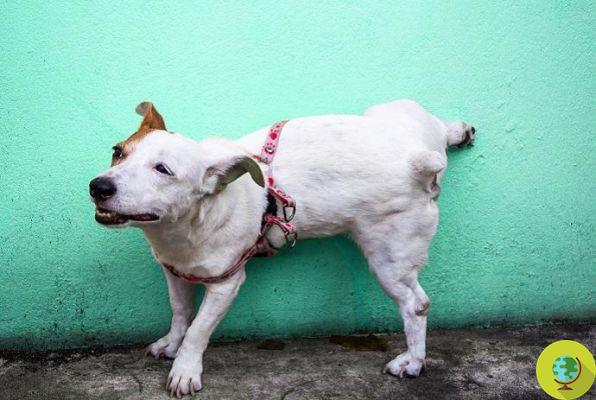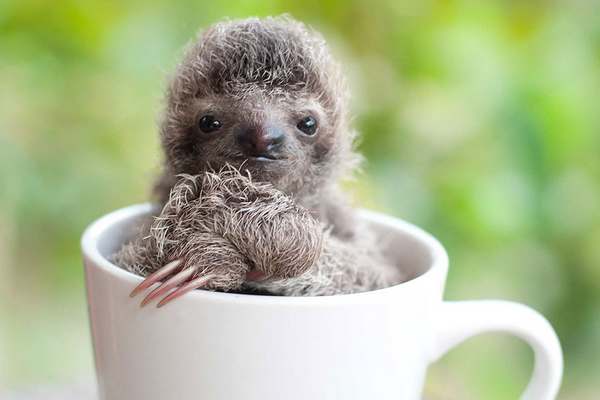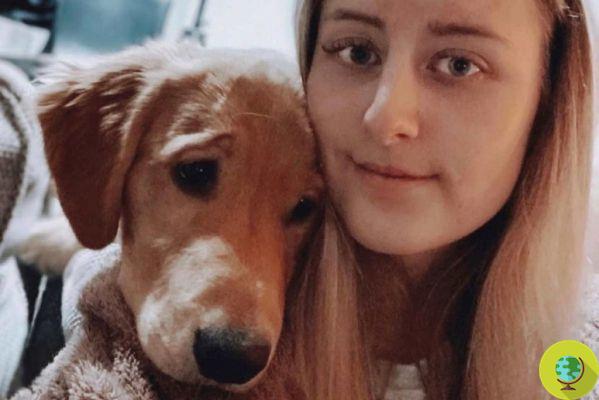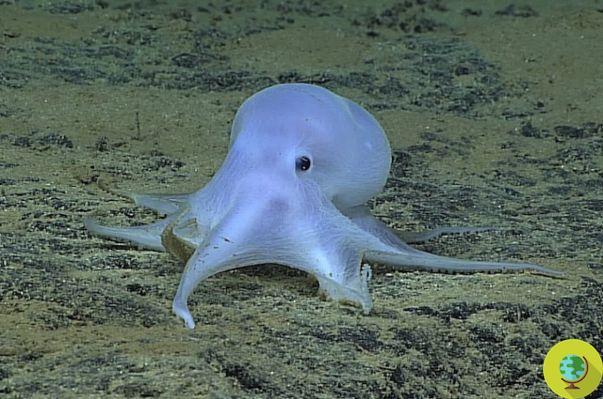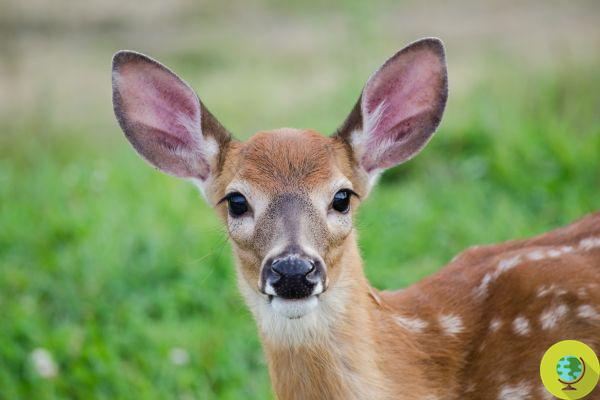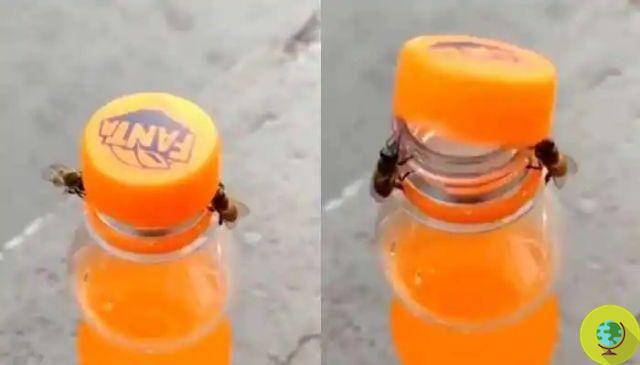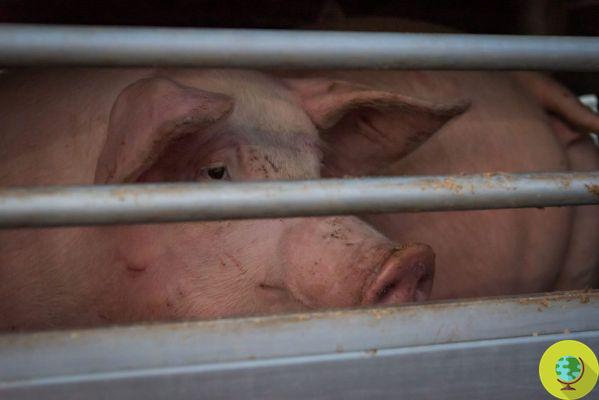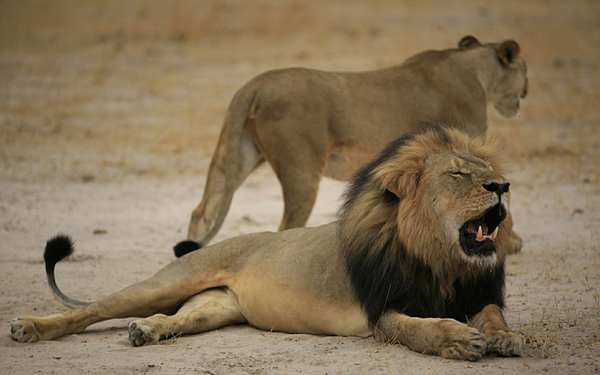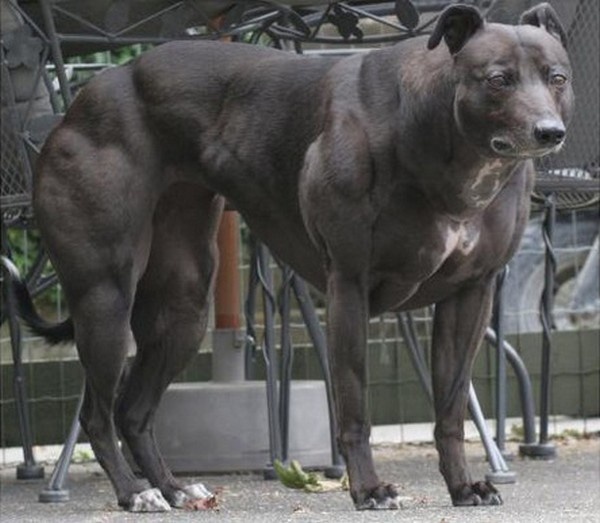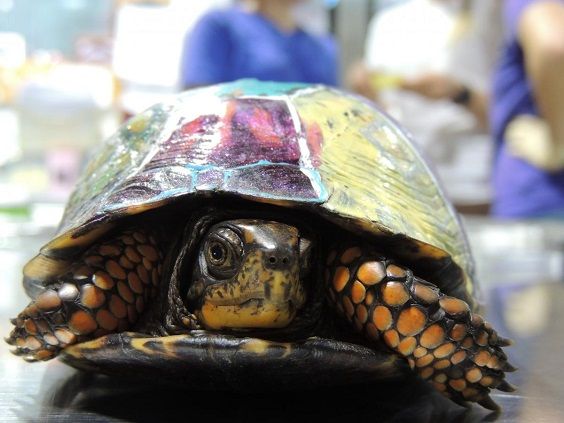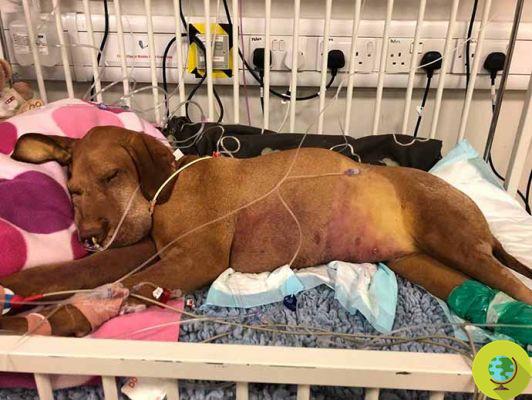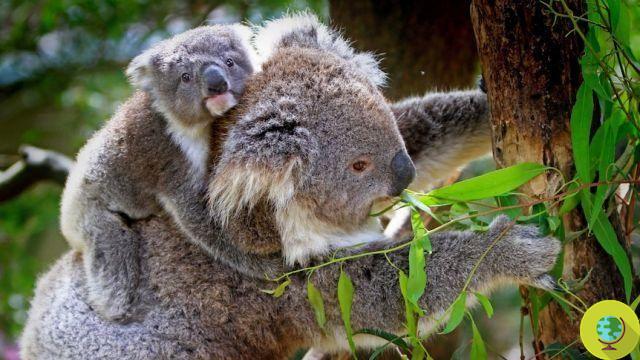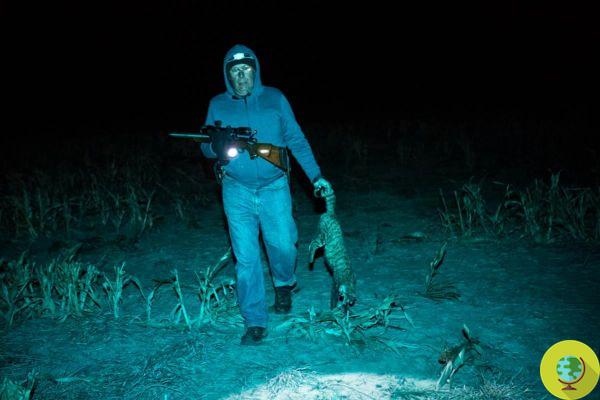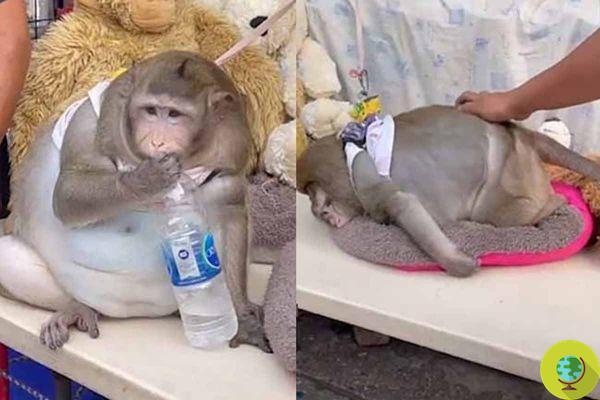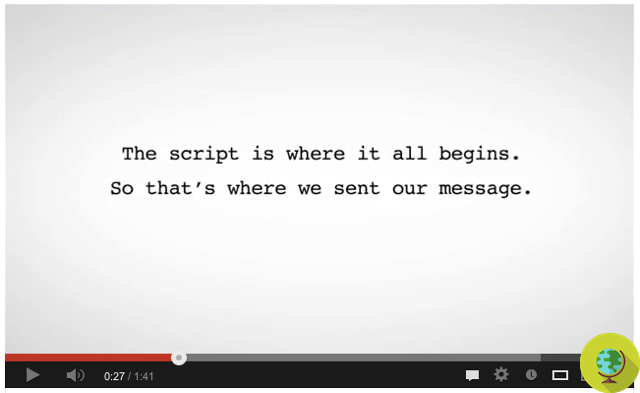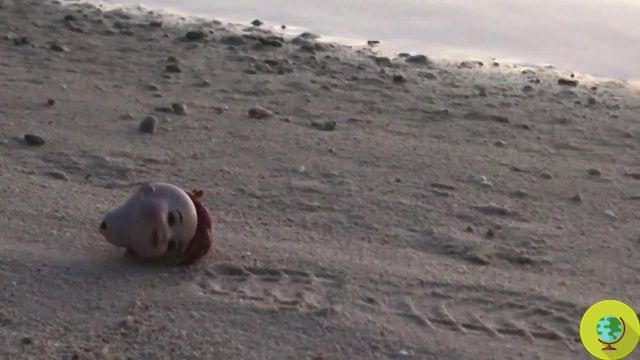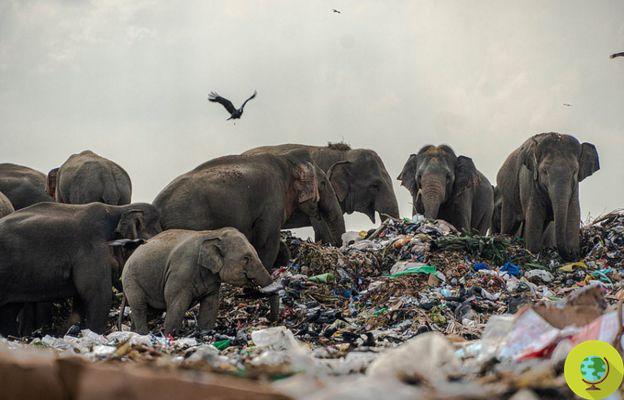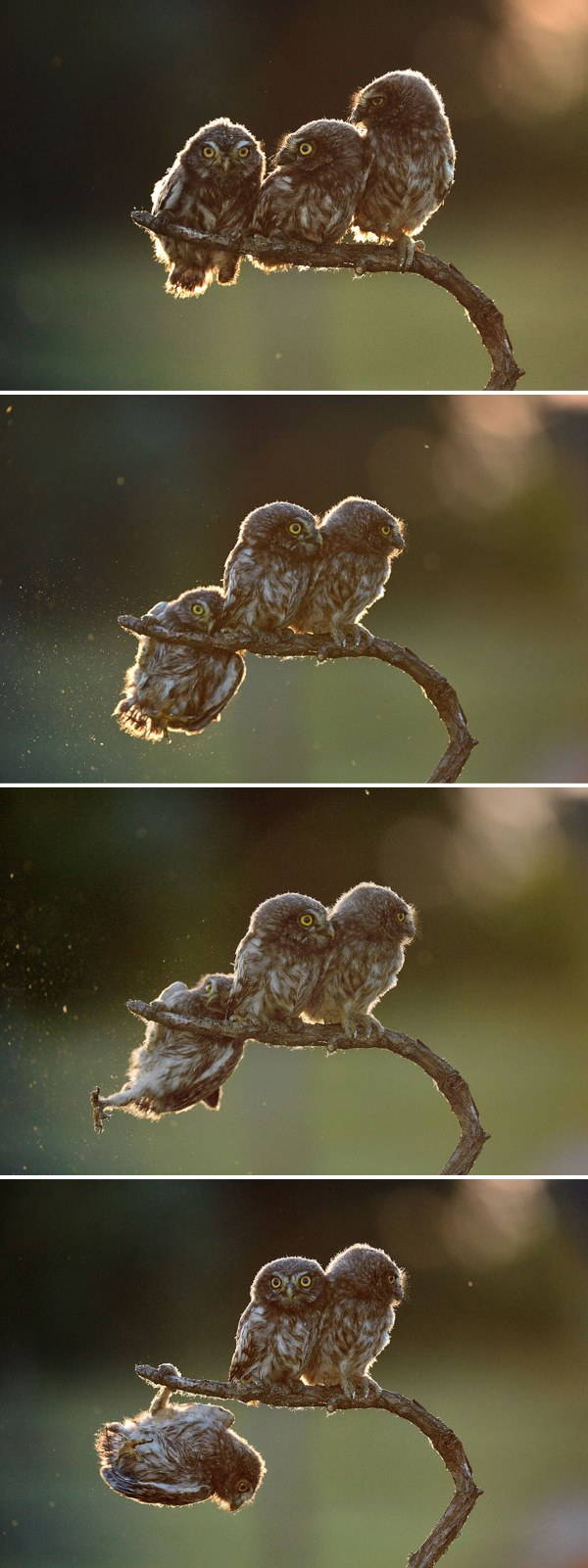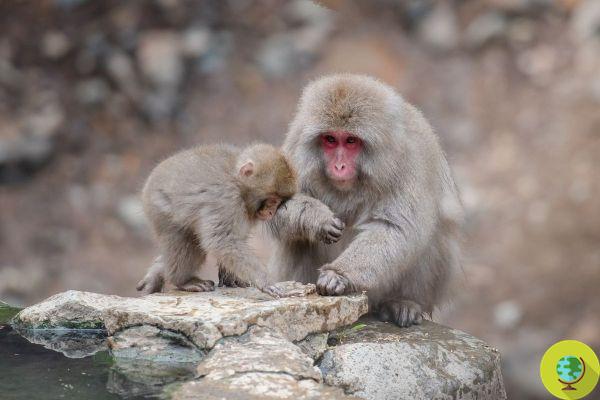
This practice could provide scientists with some insight into the funeral rituals of the first hominids
He is about to end up run over, his mother saves himThis practice could provide scientists with some insight into the funeral rituals of the first hominids
Scientists have documented hundreds of cases in which female monkeys or primates continue to hug and care for the corpses of their cubs for days, weeks or even months after their death. In this new study, the researchers observed that this behavior is more prevalent than previously thought.
The practice of carrying dead puppies has not had a clear explanation until now: it is an energy-consuming behavior that offers no benefit to the parent. However, the widespread nature of this practice (observable in several species of apes and primates) has motivated primatologists at University College London to undertake a more in-depth study on the subject. The team analyzed data collected between 1915 and 2020 - more than 500 cases involving primates of 50 different species, 80% of which practice this behavior regularly. Our closest 'relatives' - gorillas, orangutans and chimpanzees - have demonstrated a more frequent occurrence of this practice than other species.
While we can never really fully understand what lies behind this behavior, there are recurring patterns that highlight an attempt to process emotional stress: some mothers cry out in alarm if their puppy's corpse is stolen from them, suggesting that such a strategy is none other than a way to relieve the stress caused by separation from the baby.
The researchers also observed that the smaller the dead puppy, the longer the mother will carry her dead body - probably because the bond between them was particularly strong. The age of the mother also makes a difference: young mothers are more likely not to part with their dead puppies, while older mothers may have already accumulated enough experience to understand that their puppy is dead and that there is nothing left. to do now to save him.
Our study indicates that primates may be able to 'understand' death in a similar way to humans: experience has taught them that death is a 'cessation of vital functions' that lasts for a long time - explains the researcher. Alecia Carter. - We do not know, however, and perhaps we will never know, if primates understand the fact that death is universal and that all animals are forced to die.
Traumatic deaths, such as following an accident, are less often followed by a period of 'grieving' by mothers - unlike non-traumatic deaths, such as those caused by disease: death as a result of an illness could do not make it immediately clear to the mother that her baby is now lifeless.
These findings have important implications not only for understanding grief processing mechanisms in the animal kingdom, but also why they provide useful ideas for understanding our funeral ritualsSocial bonds between humans are very similar to those shown by chimpanzees and other primates, and the funeral practices of early hominids may have drawn inspiration from these bonds.
Follow us on Telegram | Instagram | Facebook | TikTok | Youtube
Fonte: Proceedings of the Royal Society B
We also recommend:
- Tactful and sensitive condolences are important, here's how to do it
- Dog "in mourning" found while watching over the body of his little sister, who died in a car accident
- Eternal Reefs: Funeral urns transform into new habitats for marine animals




